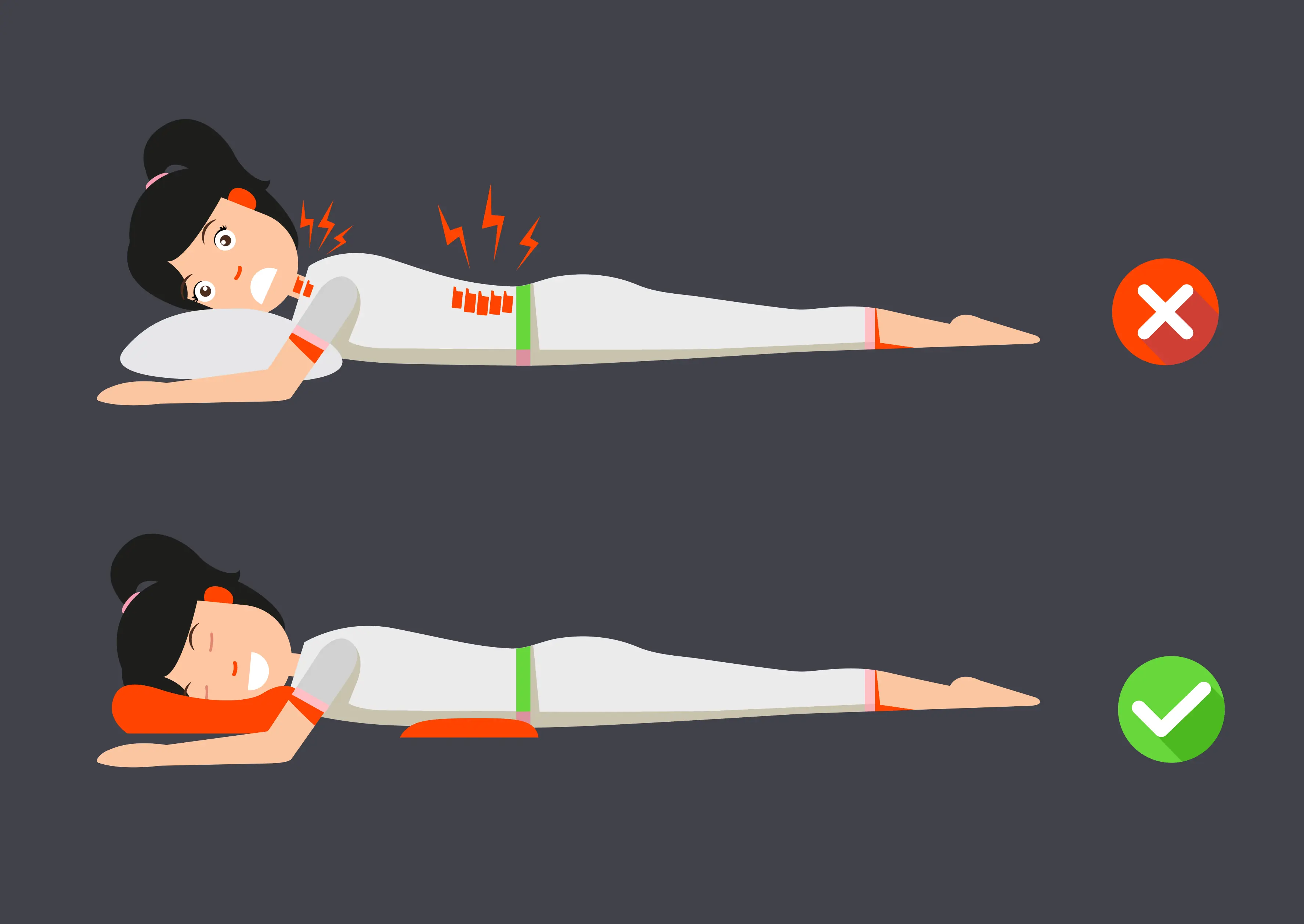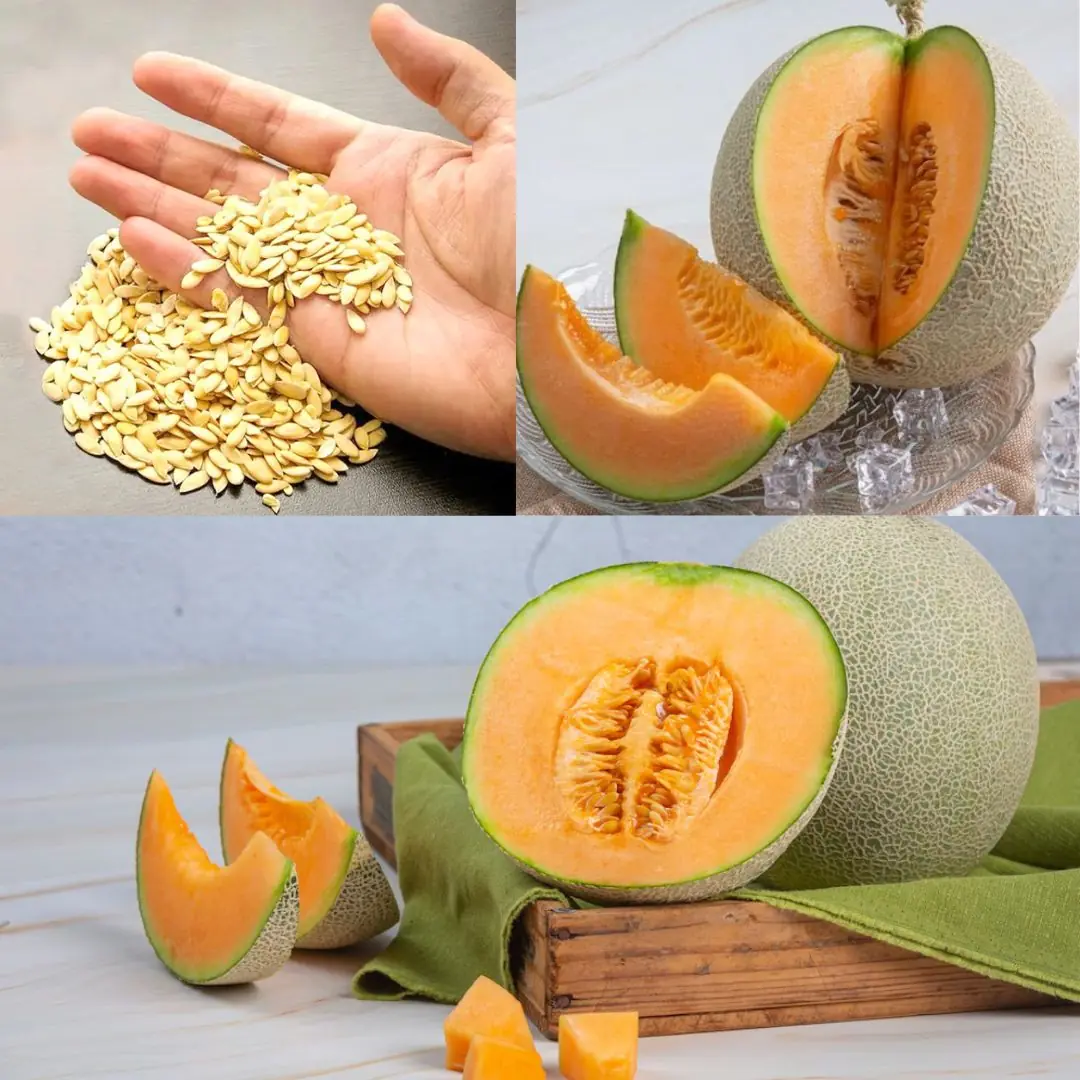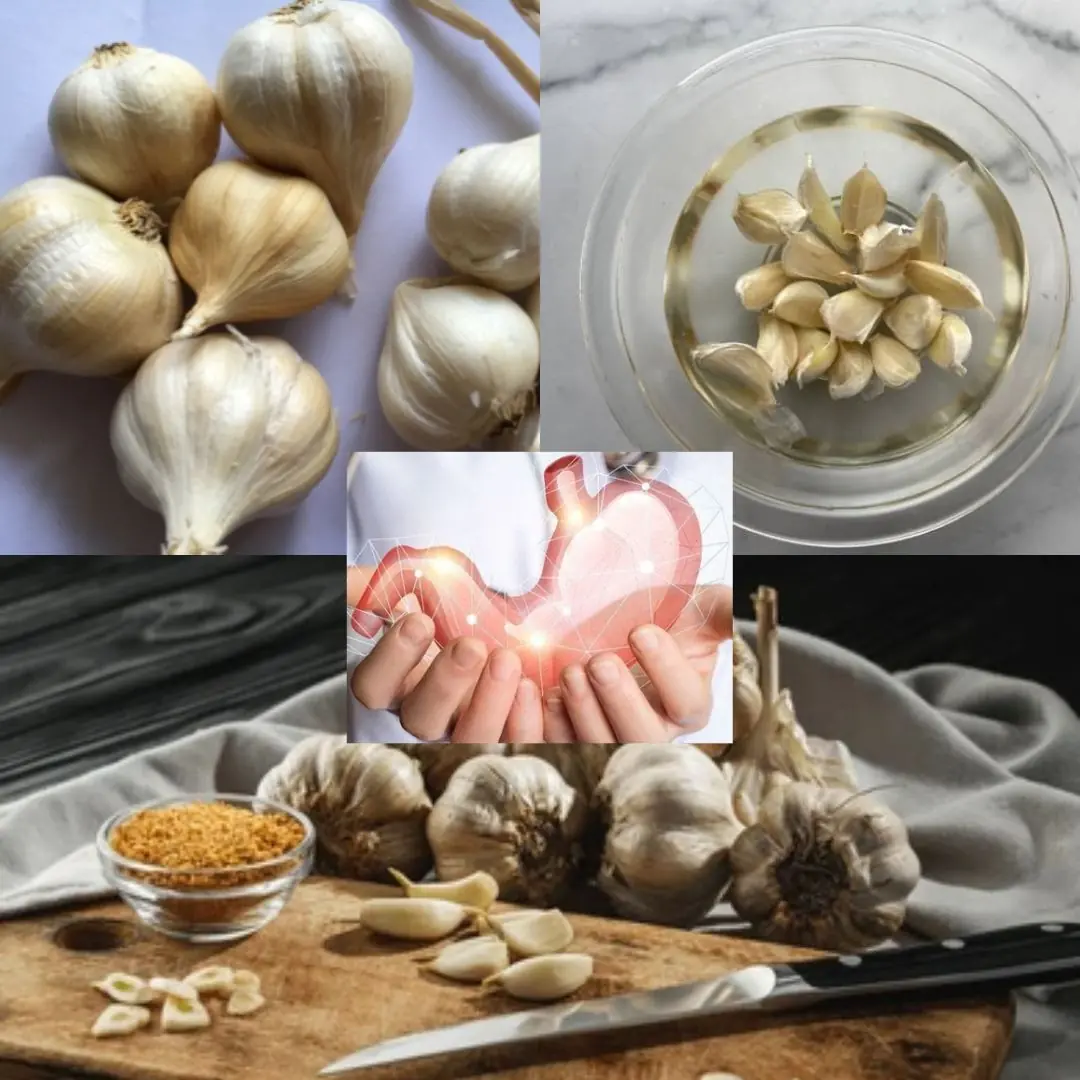
Natural Remedies for Snoring: How Leaves Can Help You Sleep Better
Here is your rewritten and expanded version of the article in English, with approximately 20% more content added for depth, clarity, and value:
Natural Remedies for Snoring: Discover the Power of Healing Leaves for a Restful Night
Snoring is a widespread issue that affects millions of people around the world. Not only does it disrupt the quality of sleep for the person snoring, but it can also disturb the rest of anyone nearby — from partners to family members. Although there are many treatments available — including nasal strips, mouth guards, and even surgical options — many come with drawbacks such as side effects, high costs, or temporary results.
If you’re seeking a more natural and holistic approach, you may be surprised to learn that certain leaves — readily available in the United States — offer promising, side-effect-free relief for snoring. These plant-based remedies are not only soothing but also effective in promoting clearer airways and a more peaceful night’s sleep. Let’s explore how these healing leaves work and how you can incorporate them into your nighttime routine.

1. Peppermint Leaves 🌿
Why They Help
Peppermint leaves are famous for their strong anti-inflammatory properties, which can benefit the respiratory system by calming irritated tissues in the throat and nasal passages. When the tissues in these areas are swollen or inflamed, it can lead to partial blockage, which results in snoring. Peppermint helps reduce this inflammation, allowing air to pass more freely through the respiratory tract.
How to Use
-
Brew a cup of peppermint tea about 30 minutes before bedtime. This can help open up your airways and prepare your body for restful sleep.
-
For more immediate relief, add a few drops of peppermint essential oil to a bowl of steaming water. Drape a towel over your head and inhale the steam deeply to clear your sinuses.
Bonus Tip: You can also use peppermint oil in a diffuser overnight to maintain clear airways while sleeping.
2. Eucalyptus Leaves 🌳
Why They Help
Eucalyptus contains cineole, a compound known for its powerful decongestant and anti-inflammatory effects. This makes eucalyptus particularly effective at relieving nasal congestion — a major cause of snoring. The menthol-like aroma also provides a soothing sensation that helps open the nasal passages, encouraging smoother breathing during sleep.
How to Use
-
Brew eucalyptus tea using either fresh or dried leaves to help reduce congestion and encourage relaxation.
-
For quick relief, create a eucalyptus steam inhalation. Boil a handful of leaves, lean over the pot, and breathe in the vapor.
Added Benefit: Eucalyptus also has antimicrobial properties that may help reduce sinus infections or cold-related snoring.
3. Bay Leaves (Laurus nobilis) 🌿
Why They Help
Bay leaves have long been used in folk medicine for their therapeutic effects on the respiratory system. They help reduce inflammation and promote clear airways, which is essential for reducing vibrations in the throat that cause snoring. Their aromatic qualities also help create a relaxing bedtime environment.
How to Use
-
Brew bay leaf tea in the evening as a soothing drink to reduce swelling in the throat and nose.
-
Simmer bay leaves in a pot of water for a few minutes and inhale the steam to enjoy its congestion-clearing benefits.
Extra Insight: Bay leaf tea also promotes digestion, which can prevent bloating — another subtle factor that may contribute to nighttime breathing issues.
4. Mullein Leaves 🍂
Why They Help
Mullein is a gentle herb traditionally used to treat respiratory problems such as coughs, bronchitis, and asthma. Its demulcent (soothing) properties help calm inflammation and irritation in the throat and nasal tissues, which can significantly decrease the frequency and intensity of snoring.
How to Use
-
Prepare a calming tea by steeping dried mullein leaves in hot water for 10 minutes. Sip slowly before bed.
-
Mullein oil, extracted from the leaves, can be lightly applied around the nostrils or chest to encourage clearer breathing.
Pro Tip: Combine mullein with other herbs like thyme or marshmallow root for a more potent respiratory tonic.
5. Sage Leaves 🌱
Why They Help
Sage is an herb packed with anti-inflammatory, antimicrobial, and astringent compounds. It helps reduce tissue swelling and dries up excess mucus, both of which are critical in managing snoring. The calming effects of sage can also reduce nighttime throat muscle tension that leads to snoring.
How to Use
-
Brew a cup of sage tea and drink it about an hour before going to bed.
-
Add dried sage to hot water for steam inhalation. The aromatic vapors can ease nasal and throat congestion, helping you breathe better while you sleep.
Fun Fact: Sage has mood-boosting effects that may help relieve sleep-related anxiety.
6. Basil Leaves 🌿
Why They Help
Basil is another herb that boasts anti-inflammatory and antibacterial properties. It can soothe the throat, clear nasal passages, and relax the muscles involved in breathing. This reduces the chances of airway vibrations, which are a major cause of snoring sounds.
How to Use
-
Brew fresh basil tea using a handful of basil leaves and drink it as a relaxing bedtime ritual.
-
Crush fresh basil leaves and gently inhale their aroma to relax your respiratory muscles and nerves before bed.
Extra Benefit: Basil’s scent may also act as a mild natural sedative, promoting deeper sleep.
Important Considerations ⚠️
While these natural remedies are gentle and effective for many people, it's important to keep the following in mind for the safest and best results:
-
Consult a Healthcare Provider: Always talk to a doctor or qualified herbalist before using new herbal remedies, especially if you’re pregnant, have chronic health conditions, or are on medication.
-
Watch for Allergies: If you’ve never used a particular herb before, test it in small amounts or consult an allergist. Look out for symptoms like itching, swelling, or skin irritation.
-
Lifestyle Factors: Herbal remedies are most effective when combined with healthy habits. Avoid alcohol before bed, sleep on your side, manage your weight, and stay hydrated throughout the day.
Final Thoughts
Snoring can take a toll on your physical health, mental well-being, and relationships. But that doesn’t mean you have to rely solely on over-the-counter solutions or expensive sleep aids. By incorporating simple, natural remedies like peppermint, eucalyptus, bay, mullein, sage, and basil leaves into your evening routine, you may see significant improvements in the quality of your sleep.
These gentle herbs help soothe inflamed tissues, open up your airways, and relax your body — all of which contribute to a quieter night. With consistent use and a few healthy lifestyle adjustments, you can finally enjoy restful, snore-free sleep.
Remember: a peaceful night’s sleep is not just a luxury — it’s a necessity. Start your journey to better breathing and deeper rest with these nature-powered remedies today.
News in the same category


Terminally Ill Man is Warning Others to Not Make The Same Mistake He Made

10 Natural Home Remedies To Help Lower High Blood Pressure

Scientists have discovered a key genetic factor that explains why women’s brains age at a different rate than men’s.

Experts who predicted covid say new virus appearing in US could threaten 'all of mankind'

Why Your Brain ‘Blinds’ You for Two Hours Each Day

11 Reasons Why You Have Red Dots On Your Skin

The Benefits and Potential Dangers of Eating Tilapia Fish

Cancer Doctor Reveals ‘Common Theme’ Seen Regularly In Patients Before Diagnosis

How Often Should You Change Your Underwear?

WHO issues its first-ever reports on tests and treatments for fungal infections

Scientists Have Officially Measured the Speed Limit of Human Thought

How Your Sleeping Position Affects Your Health

Only People With Perfect Color Vision Can Read These Words

What Does It Mean When A Person Who Has Passed Away Appears In Your Dream

Discover the Incredible Health Benefits of Melon Seeds

Are you over 40? LONGEVITY SECRETS You Need to KNOW!

Hidden Benefits of Herbs: This Article Reveals It All!

Over 200 People Are Killed By The “World’s Deadliest Food” Every Year, But Almost 500 Million People Still Eat It

Man Loses Pulse For 45 Minutes, Wakes Up, And Reveals This Spine-Chilling Vision Of Afterlife
News Post

Don't honk at older folks. We've been around long enough to know how to teach a lesson with a smile

My DIL Shamed Me for Posting a Picture of My 'Wrinkled Body' in a Swimsuit — I Gave Her a Wake-up Call

8 cancer-killing foods you didn't consider!

Terminally Ill Man is Warning Others to Not Make The Same Mistake He Made

10 Natural Home Remedies To Help Lower High Blood Pressure

Scientists have discovered a key genetic factor that explains why women’s brains age at a different rate than men’s.

The Hidden Power of Garlic Peels: Benefits for Your Health, Garden, and More

Experts who predicted covid say new virus appearing in US could threaten 'all of mankind'

Why Your Brain ‘Blinds’ You for Two Hours Each Day

Castor Oil: Discover the Transformative Effects After Just 7 Days

11 Reasons Why You Have Red Dots On Your Skin

The Benefits and Potential Dangers of Eating Tilapia Fish

My 32-Year-Old Son Threw a Wild Birthday Party at My House and Nearly Destroyed It

I Was Looking At a Photo of My Late Wife and Me When Something Fell Out of the Frame and Made Me Go Pale

My Husband Moved Back in with His Mom Because My Cough 'Was Annoying' While I Was Sick with Our Baby – So I Taught Him a Lesson

Cancer Doctor Reveals ‘Common Theme’ Seen Regularly In Patients Before Diagnosis

My Husband Threw $50 at Me and Said, 'Make a Lavish Christmas Dinner for My Family — Don't Embarrass Me!'

My Husband’s Best Friend Moved in Weeks Ago, Expecting Me to Clean after Him – Husband Sided with Him, So I Taught

How Often Should You Change Your Underwear?
